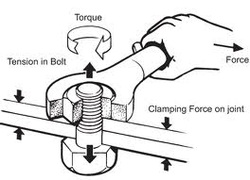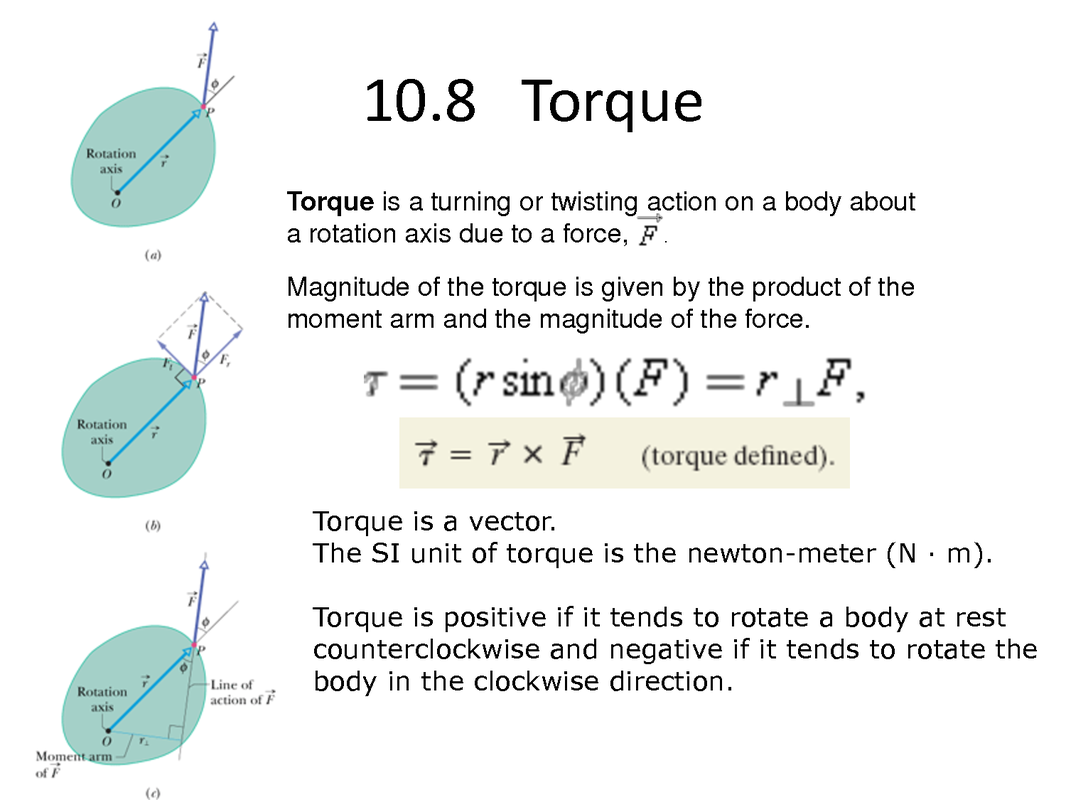I've taken to bringing my iPad to bed, setting it next to me and playing a movie on YouTube or Netflix (usually something familiar, like MST3K); it gives my mind something positive to focus on, and keeps it from going to dark places. I've been averaging - maybe - four hours of sleep a night, but it's always fitful and filled with empty dreams. It makes me wonder if I'll feel this way when an actual person dies.
Fuckin' cat...
Over the past three years, I've gained an incredible understanding of addiction, mental illness, and long-term depression. I've realized that they're all tied together, each one reinforcing the other, and as I strive towards reaching my own good mental health, it's the alcohol that lingers - an abuse that could easily morph into dependency, if I don't find something healthy to replace it.
I fully recognize my 20-year pattern/progression of Type A hereditary alcoholism, and I understand drinking's many negative consequences. But the dirty little secret is that alcoholism actually held my depression at bay for two decades, numbing my anxiety long enough to finish writing Goodbye to Beekman Place. I am - quite literally - afraid to stop drinking.
Before the book was published, I routinely battled chilling periods of melancholy - dangerous mood swings that varied in length, lasting from a few hours to several days. Whenever this happened, suicide became my foremost thought. I've described these moments as "fires in my head," and alcohol was literally the only thing that extinguished them. It was a dangerous catch-22, like stopping a virus by quarantining the infected - and allowing them to die. No one wins, but at least someone's still left alive at the end...and in my case, that someone was a writer.
From the time I was 16, I've struggled to explain my anxiety to professionals. I remember sitting in a high school guidance consoler's office in 1983, describing how I thought in pictures - and how hard it was to forget past events. It wasn't until 2010 (when I saw the HBO film: Temple Grandin: Thinking in Pictures) that I was able to tell psychiatrists, "THAT'S how my mind works…I think in pictures, too!" A year after that, after finally getting a proper diagnosis, I clarified that description to a very-personal explanation: "I think in visual metaphors. And with my depression, it's really hard to keep a grip on reality."
But depression is like an onion's skin, and there's usually something festering just beneath the surface. "Anxiety" was my own devious/private issue, but after passing out copies of my book at IML, I've learned how to better explain it:
Anxiety is "torque," the push of forward motion…and the feeling of pressure around my heart & chest. It's a simple feeling - "the quality of a work of art that conveys the emotion of the artist" (per Webster's), and it's something that I've realized I've lived with for as long as I can remember. ANXIETY = TORQUE. Pressure. Squeezing. The feeling of not being able to breathe. I can't help but think of Grandin's "Hug Machine," and how the device brought her calm - when the same scenario has always brought me fear...and of course, anxiety.
And anxiety, no matter how severe it might be, can always be explained very simply.


